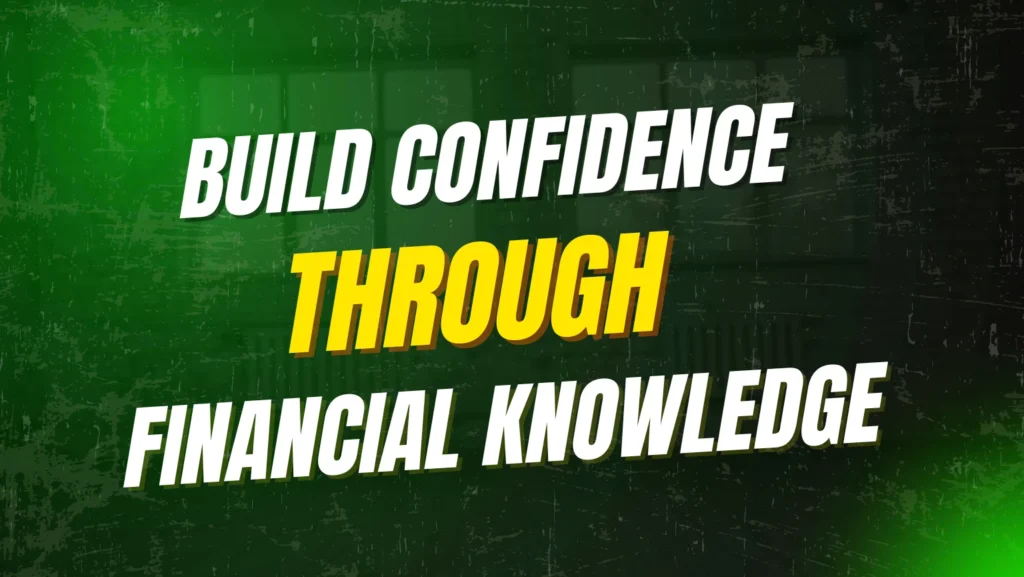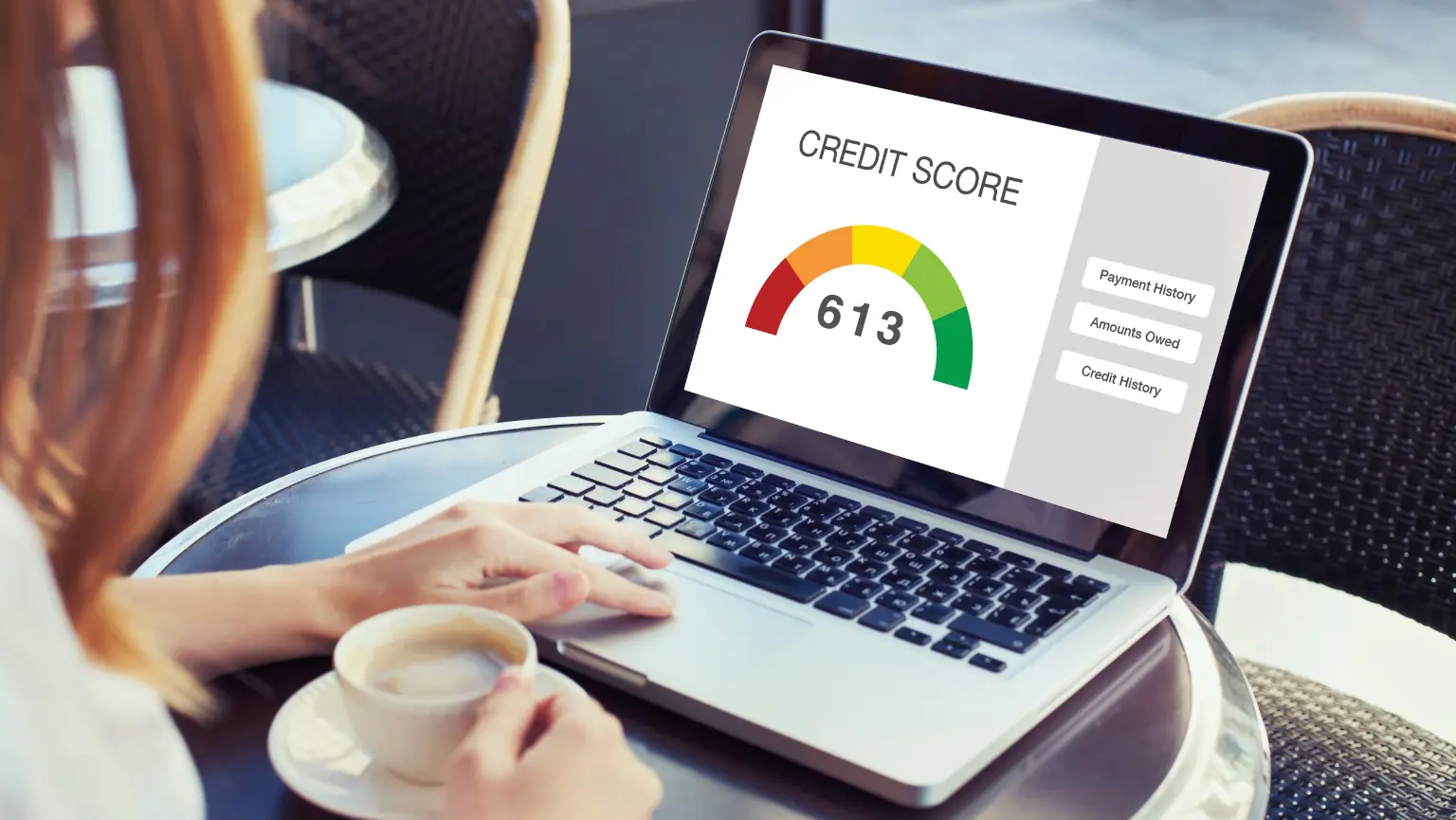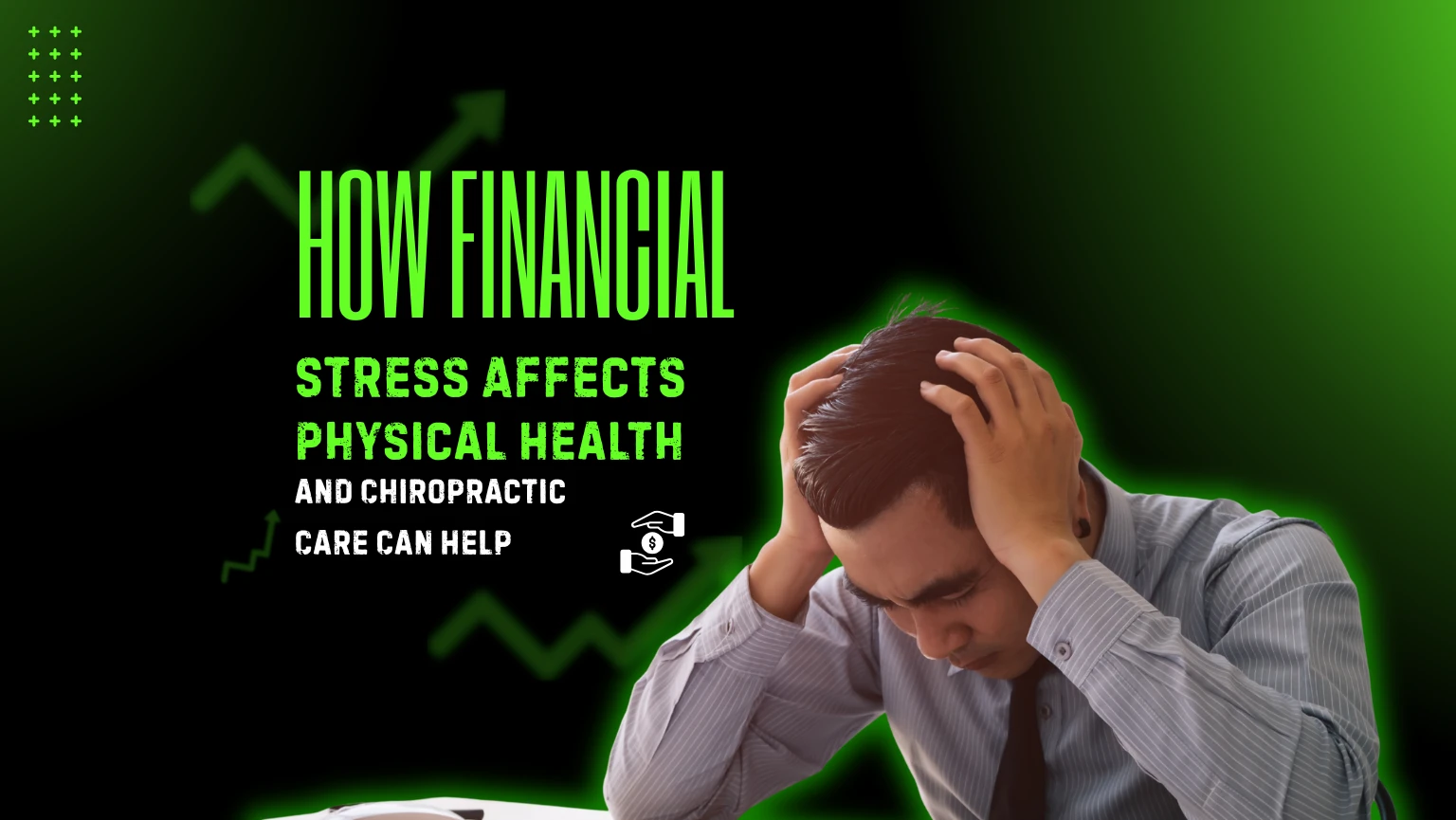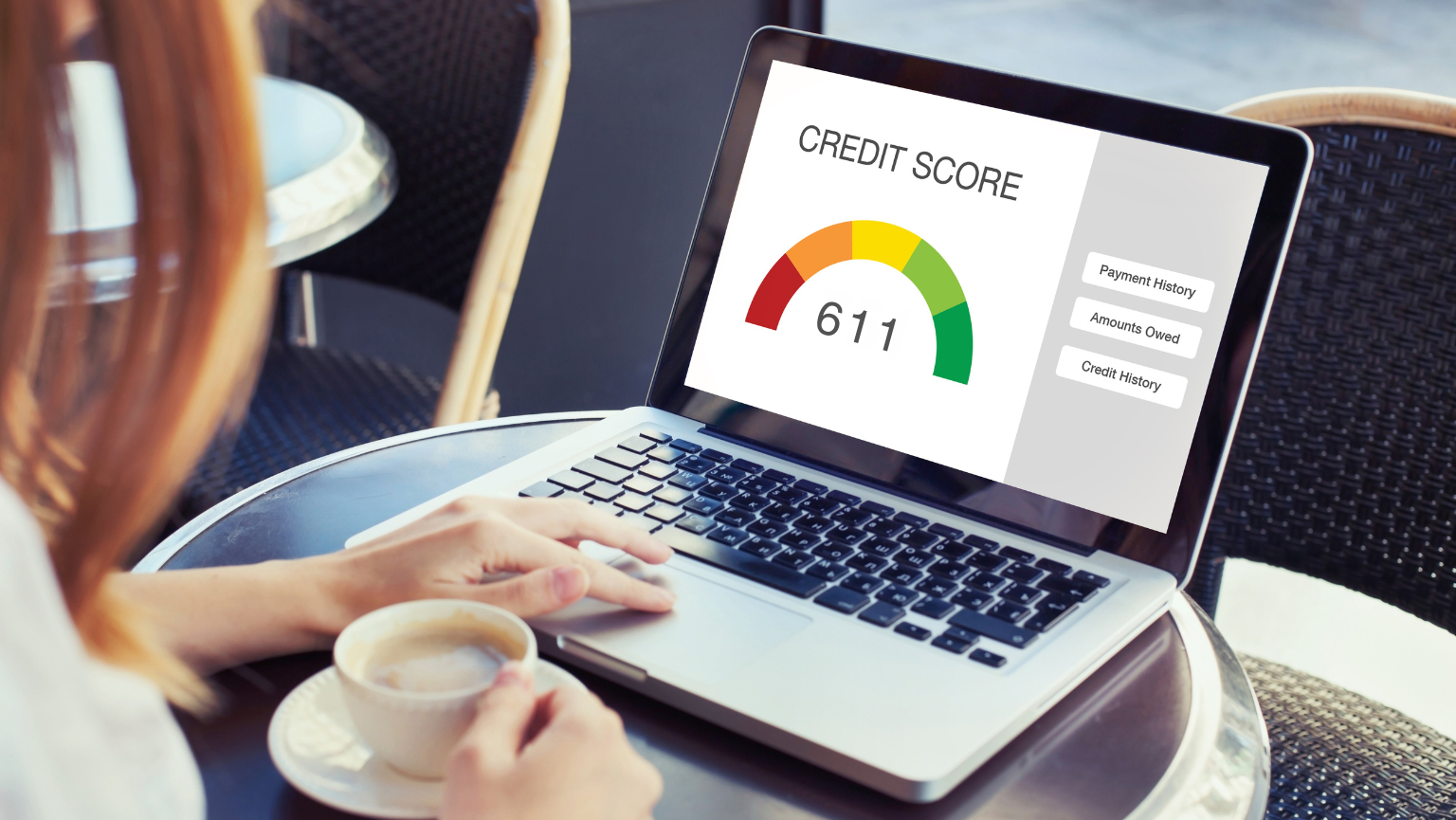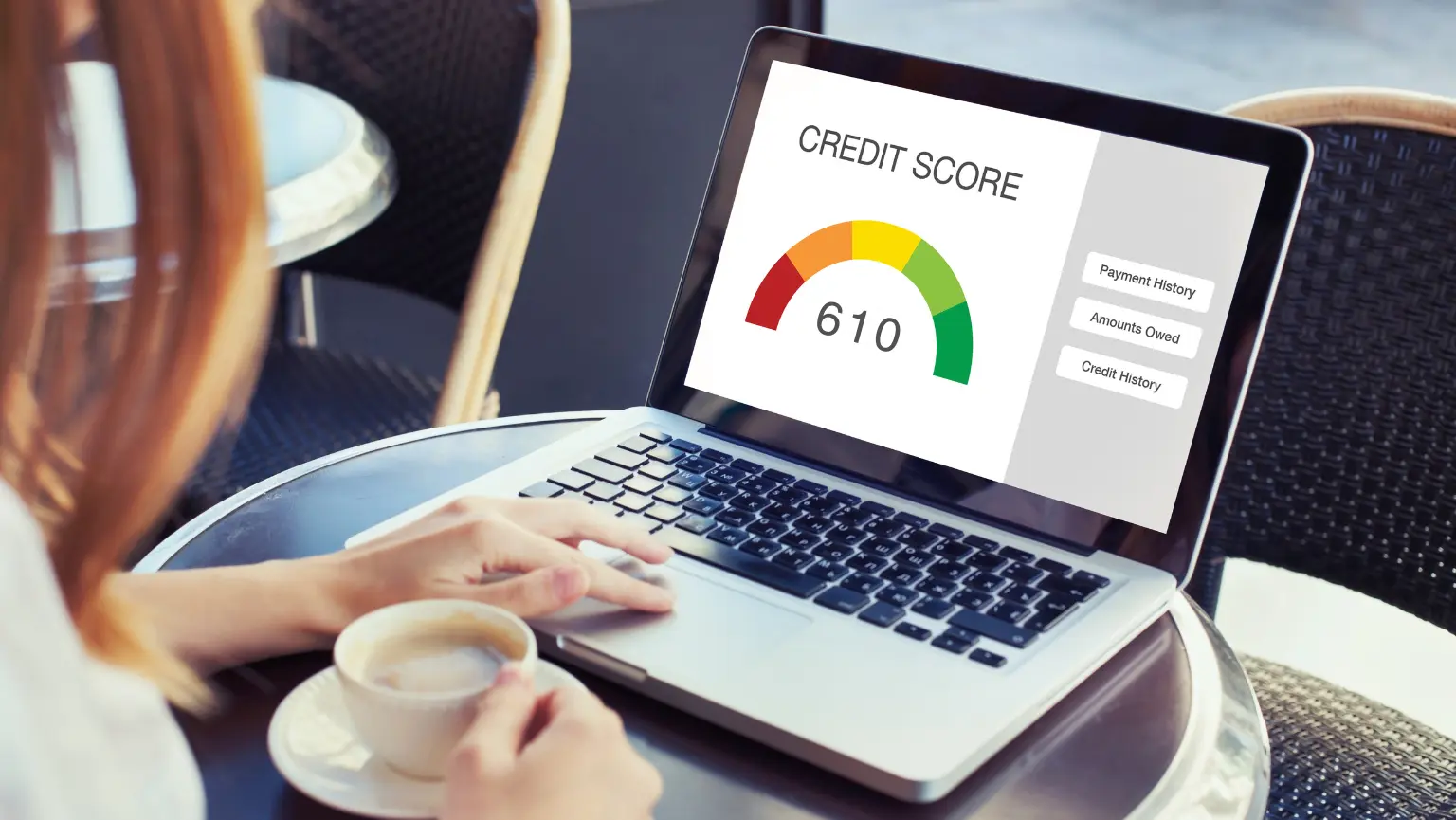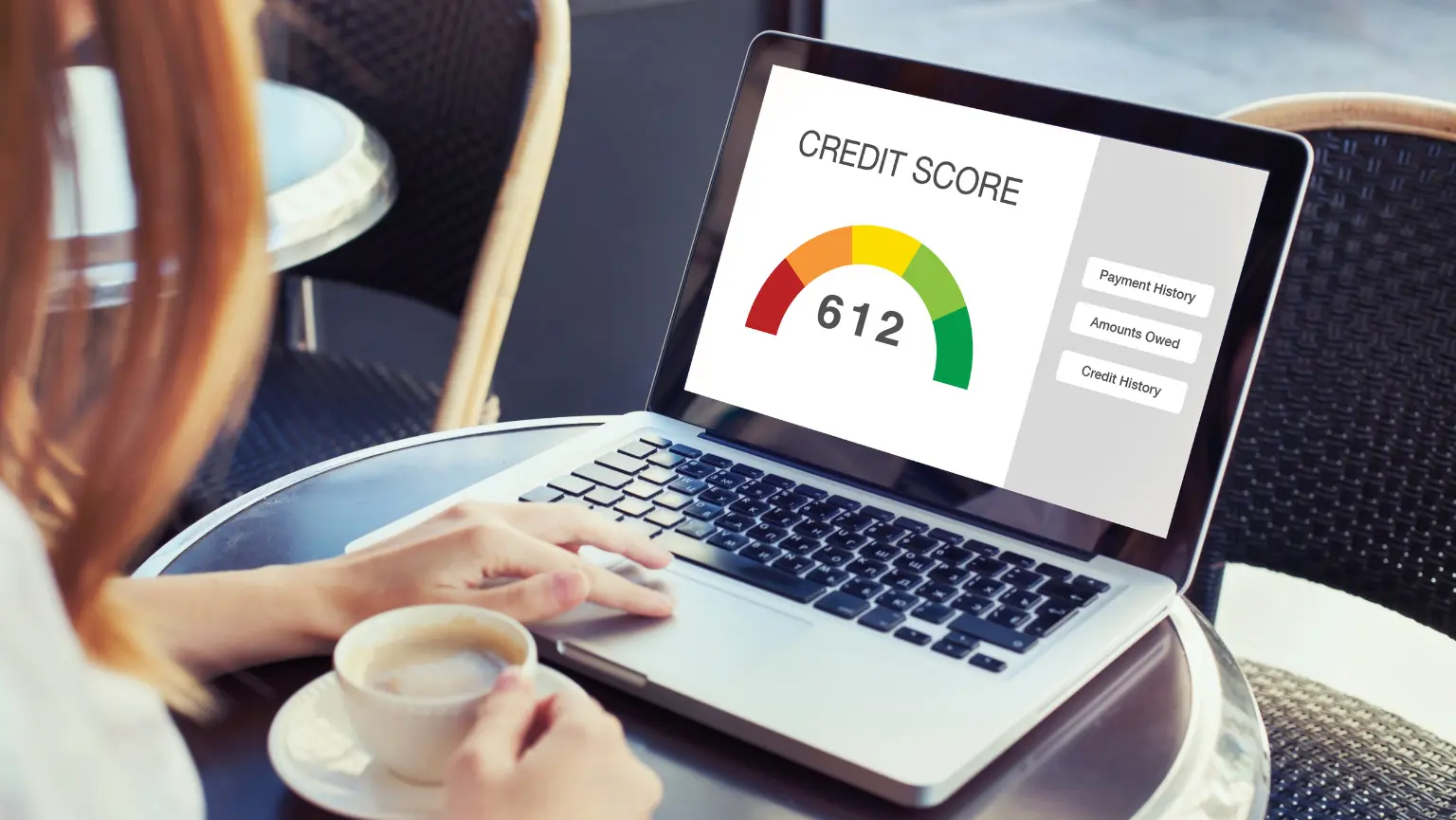
Struggling with a 612 credit score can be frustrating. You may find yourself denied for loans, paying higher interest rates, or facing limited credit card options. This “fair” score can make everyday financial decisions stressful and uncertain. The good news? Understanding what this score really means and taking simple, practical steps can help you regain control, improve your credit health, and access better financial opportunities.
Key Takeaways
- A 612 credit score is fair and may limit loan and credit options.
- Late payments, high debt, or a short credit history often cause this score.
- Pay bills on time, reduce debt, and monitor your credit to improve it.
- Professional help can speed up progress if needed.
Understanding a 612 Credit Score
A 612 credit score falls into the “fair” range on most credit scoring models. This means lenders may view you as a moderate risk: you’re not in the poor category, but your score isn’t high enough to get the best interest rates or loan terms. Factors like late payments, high credit card balances, or a limited credit history can contribute to this score. Knowing where you stand helps you make informed financial decisions and plan steps to improve your credit health.
How a 612 Credit Score Affects Your Financial Options
A 612 credit score can influence many aspects of your financial life. When applying for loans, such as personal, auto, or mortgage loans, you may face higher interest rates or stricter approval criteria. Credit card options may be limited to secured or basic cards, with lower credit limits. Even renting an apartment or qualifying for certain utility services could require additional checks. Understanding these limitations helps you plan carefully and take steps to strengthen your credit profile.
Factors That May Have Led to a 612 Credit Score
Several factors can contribute to a 612 credit score. Late or missed payments, high credit card balances, and carrying too much debt relative to your credit limit are common reasons. A short or limited credit history can also lower your score, as lenders have less information to evaluate your reliability. Additionally, errors on your credit report, such as outdated accounts or incorrect balances, may drag your score down. Identifying these factors is the first step toward improving your credit.
Practical Steps to Improve Your Credit Score
Improving a 612 credit score is possible with consistent, strategic actions. Start by paying all bills on time, as timely payments have the most significant impact. Reduce outstanding debt, especially on credit cards, to lower your credit utilization ratio. Check your credit reports regularly and dispute any errors that may be hurting your score. Opening a secured credit card or becoming an authorized user on a trusted account can also help rebuild your credit over time.
When to Seek Professional Help
While many steps to improve a 612 credit score can be handled independently, there are situations where professional guidance can make a difference. If your credit report contains complex errors, you’ve faced identity theft, or you’re struggling to manage debt effectively, a certified credit counselor or financial advisor can provide personalized strategies. Working with a trusted professional ensures you take the right steps, avoid common pitfalls, and accelerate progress toward a stronger credit profile.
Final Thought
A 612 credit score sits in the fair range, which means you may face some financial limitations, but improvement is entirely possible. By understanding the factors affecting your score, making timely payments, reducing debt, and monitoring your credit reports, you can gradually build a stronger credit profile. Staying consistent with these habits not only opens doors to better loan and credit opportunities but also gives you greater control over your financial future.

